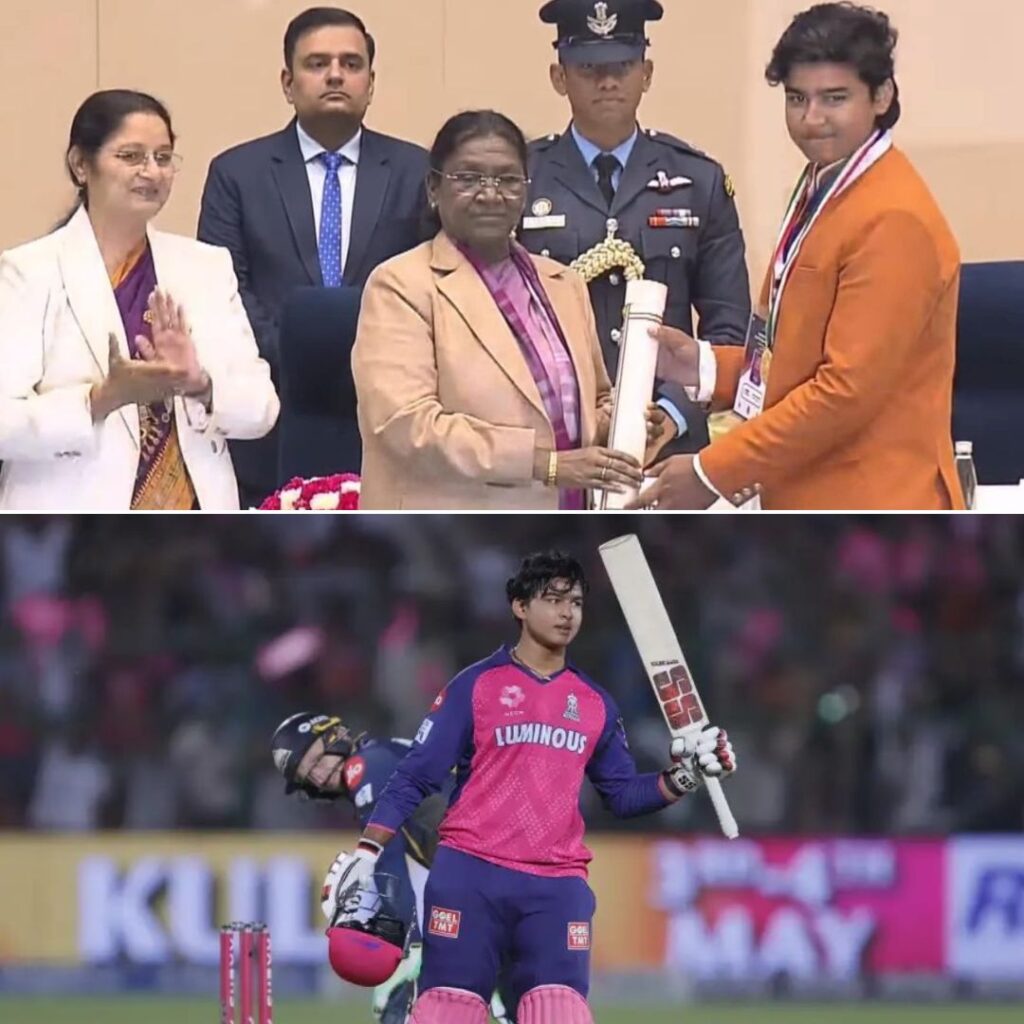In 2012, thousands of protesters streamed into the heart of the nation’s capital to demand justice for Jyoti Singh who was brutally gang-raped, thrown out of a moving bus, and left to die. Five years hence, Jyoti got the justice she deserved – the Supreme Court upheld death sentences of four of her murderers. However, despite the harsh punishment that rape invites, sexual violence against women hasn’t stopped.
According to the National Crime Record Bureau (NCRB), such incidents had risen from 41.7% in 2011 to 53.9% in 2015. Justice R Banumathi, a part of the bench that upheld the death penalty in the Jyoti Singh rape case, said, “In our tradition-bound society, certain attitudinal change and change in the mindset is needed to respect women and to ensure gender justice.
Right from childhood years, children ought to be sensitised to respect women.” As we belong to the same society that has conditioned us to think in a certain way, each of us is a part of the problem and the solution. Women cook, men, work. Women are sensitive; men are strong. Women like the colour pink, men, prefer blue – we are put into invisible brackets of masculinity and femininity.
This mindset has persisted from generations on end. Gender inequality and oppressive gender roles exist because they have become a tradition followed through ages in every household. The issue is so deep-rooted that it has normalised in our society. When generations and ideas change, but such patriarchal notions remain constant, there is something fundamentally wrong in the way we are approaching the issue.
Our older generations impose traditional values without viewing us through the lens of a new and progressed era. At home, our mothers do the household chores and take care of the children, while our fathers go out to work; he is the ‘breadwinner’ of the family. Even when women step out to work, their male counterparts receive more pay.
There is clear discrimination, and all of us share the blame. When we tell a woman on how she should dress, we are telling her that she is not free to choose what she can or cannot wear. When we say ‘men don’t cry’, we are giving the impression that men cannot be sensitive. When we ask a teenaged girl not to enter the kitchen when she is menstruating, we are telling her that she is ‘impure during that time of the month’. When we tell a adolescent boy ‘a girl beat you?’, we are telling him that girls are weak.
(function(d, s, id) { var js, fjs = d.getElementsByTagName(s)[0]; if (d.getElementById(id)) return; js = d.createElement(s); js.id = id; js.src = ‘//web.archive.org/web/20201001155322/https://connect.facebook.net/en_US/sdk.js#xfbml=1&version=v2.10’; fjs.parentNode.insertBefore(js, fjs);}(document, ‘script’, ‘facebook-jssdk’));
Tata Tea – Inequality Gets Learnt. Equality Needs Teaching.
Does the meaning of winning or losing depend on gender?This video is a small example of how we extend our gender-based expectations to our children. Situations like these teach our children to be gender biased, and gender bias is one of the main reason behind gender-based violence in the society.To tackle this, we need to start practising and teaching gender sensitivity at home. Know more about the need for gender sensitisation here: http://bit.ly/women_safetyAlarm Bajne Se Pehle #JaagoRe
Posted by Jaago Re on Monday, July 31, 2017
In our formative years itself, we are told the difference between a man and a woman; and this is where we fail. Children need to be taught that men and women can achieve whatever they want and that there are no gender roles. And to achieve this, we need a wave of reforms to change the society’s perception, and this can only happen when each person is educated on gender equality and the need for it.
TATA Tea has sought to file a petition with the Human Resource Development Minister, urging him to bring in compulsory gender sensitivity programmes across schools in India. The initiative is aimed at starting discussions on gender sensitisation at both schools and home alike so that the society, as a whole, unlearns the generations of gender bias it has been fed. Parents also play a major role here. If children learn to respect women at schools and are taught against gender roles but do not witness the same at home, the education will have no value. Hence, it is imperative that children and parents walk through this hand in hand.
If you agree with TATA Tea that to change the society’s attitude towards women, we must start with children; you can sign the petition here. To read the terms and conditions of the petition, please click here.
Alternatively, to extend your support to the petition, you can also send a missed call to 7815966666.











